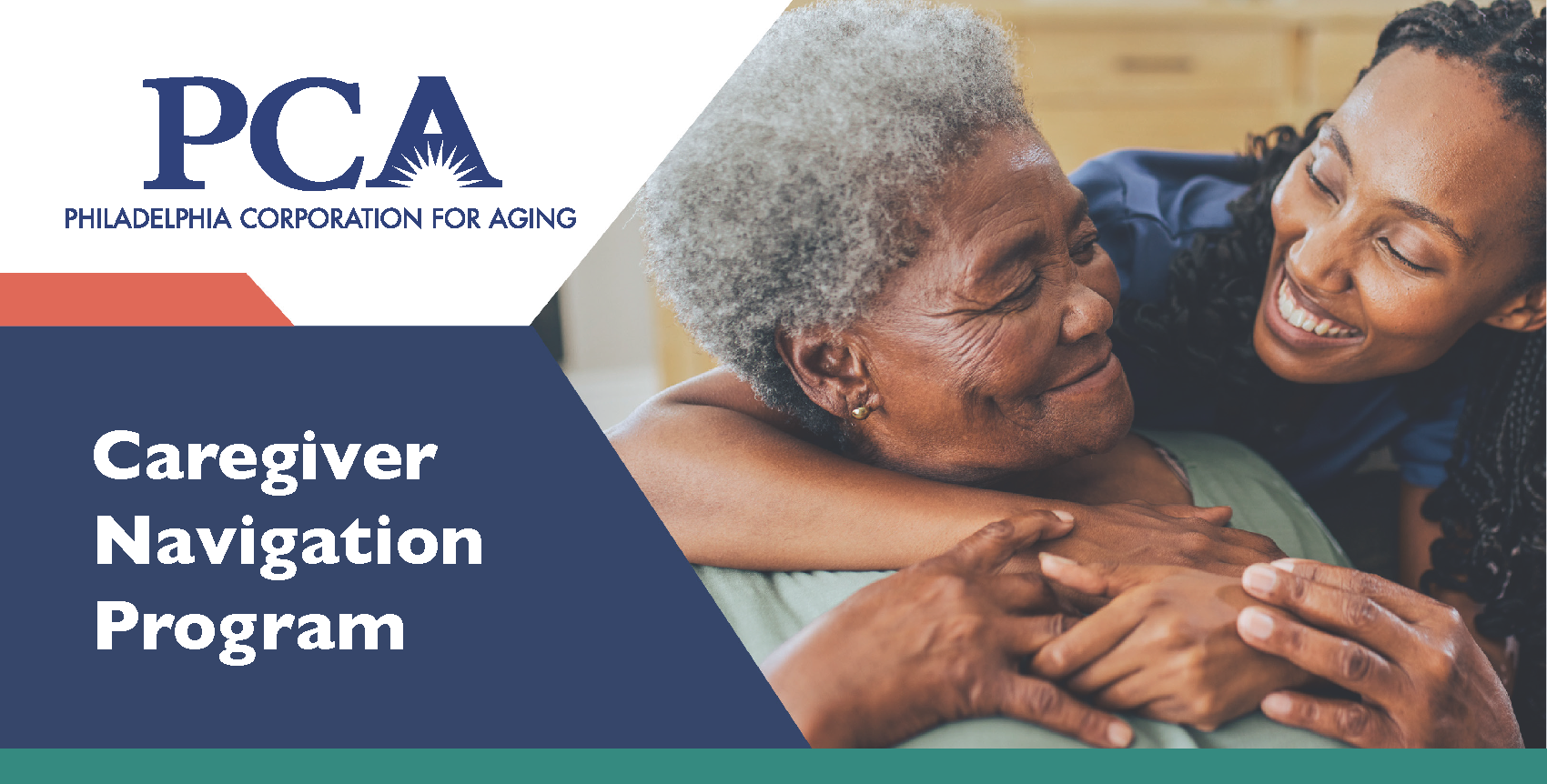Understanding menopause: A guide for older adults and caregivers
Menopause is the time in life when someone has gone 12 months in a row without a menstrual period. On average, it happens at age 52.
Menopause is a natural process that occurs when the ovaries stop making hormones. It can also begin after surgery or medical treatment. This is called induced menopause.
Menopause happens to people with ovaries. But the timing and symptoms are different for everyone. Learning about it can help people and their caregivers face this change with confidence and care.
What is perimenopause?
Perimenopause is the period before menopause starts. It often begins in the 40s, but can start earlier. During this time, the ovaries make less estrogen. This can cause changes in menstrual cycles, as well as other physical and emotional effects. Perimenopause can last months or even years.
People in perimenopause may notice:
- Periods that are lighter, heavier or irregular.
- Hot flashes and night sweats.
- Trouble sleeping.
- Mood swings or feeling irritable.
- Fatigue or difficulty focusing.
- Changes in sexual desire.
Common symptoms
Many of the symptoms from perimenopause continue during menopause, sometimes in different ways. Common symptoms include:
- Hot flashes and night sweats – Sudden warmth, sweating or a fast heartbeat. Night sweats can make it hard to sleep.
- Sleep problems – Hormone changes can make it hard to fall or stay asleep.
- Vaginal or urinary changes – Lower estrogen can cause dryness or discomfort. Some people may have more urinary urgency or infections.
- Mood changes – Anxiety, sadness or irritability may occur.
- Memory and focus problems – Some people notice “brain fog.”
- Bone and heart health – Estrogen helps protect bones and the heart. After menopause, the risk of osteoporosis and heart problems can rise.
How caregivers can help
Caregivers play an important role in supporting people during menopause. Here are some ways to help:
- Build healthy habits – A balanced diet, exercise and good sleep can ease symptoms. Walking or strength exercises are good for bones.
- Support stress management – Mindfulness, yoga, and relaxation can improve mood and reduce stress.
- Help with medical care – Regular check-ups are important. Hormone therapy or other treatments may help with symptoms.
- Provide emotional support – Listen, be patient and show understanding. Let people know their experiences are real and valid.
A natural life stage
Menopause is a normal part of life. It can bring challenges. But it also marks a new chapter. Selfcare, support and medical advice can make menopause easier to manage. Caregivers can make a big difference when they stay informed and show compassion.
Caregivers can help by noticing symptoms, understanding their impact and offering practical support. These steps allow people to go through this stage with dignity and confidence.
Menopause resources
For more information about menopause, speak with your doctor. Helpful resources are also available online.
Local support can be found through the University of Pennsylvania at https://guides. library.upenn.edu/communityhealth/menopause.
National organizations include:
- The Menopause Society, which offers patient education: https://menopause. org/patient-education
- The Society for Women’s Health Research, which provides a Menopause Preparedness Toolkit: https:// swhr.org/menopause-toolkit.




